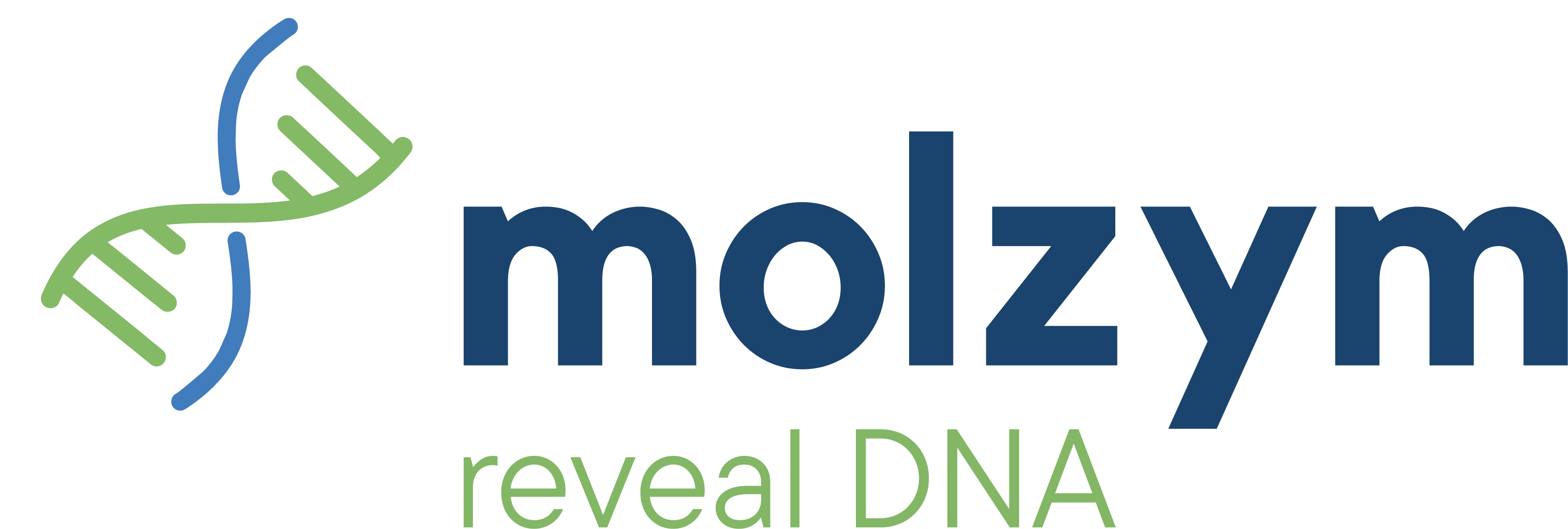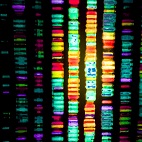Comparison of Microbial DNA Enrichment Tools for WGS |
| 27 April 2018 |
|
Compared to qPCR of total DNA extracts of S. aureus-spiked samples, enrichment factors of 6 (NEBNext®) and 76 (MolYsis™) were observed. MWGS analysis of PJI samples without enrichment showed that 0.0062 to 0.016% of the total reads were from known pathogens. Enrichment with the NEBNext® and MolYsis™ improved this yield to 0.18 to 0.53% and 7.0 to 59.4%, respectively. These results represent a 13- to 85-fold (NEBNext®) and 481- to 9580-fold (MolYsis™) enrichment of bacterial DNA. Thus, both methods were able to enrich bacterial DNA from PJI sonicate samples, although the MolYsis™ kit provided the greater enrichment factor and more bacterial sequencing reads in MWGS. The authors concluded that microbial DNA enrichment methods such as those tested are powerful tools for the identification and characterization of pathogenic or commensal bacterial metagenomes. |
| Reference |
| [1] Thoendel M,Jeraldo PR, Greenwood-Quaintance KE, Yao JZ, Chia N, Hanssen AD, Abdel MP, Patel R (2016) Comparison of microbial DNA enrichment tools for metagenomic whole genome sequencing. J Microbiological Methods 127, 141-145.(link) |
| Brochure Product Information |

 In this study, Thoendel et al. [1] addressed the problem of generation of vast amounts of non-target reads by human sequences in metagenomic whole genome sequencing (MWGS) of low load microbial infections. For this purpose, two commercially available microbial DNA enrichment kits, NEBNext® Microbiome DNA Enrichment kit (New England Biolabs, USA) and the
In this study, Thoendel et al. [1] addressed the problem of generation of vast amounts of non-target reads by human sequences in metagenomic whole genome sequencing (MWGS) of low load microbial infections. For this purpose, two commercially available microbial DNA enrichment kits, NEBNext® Microbiome DNA Enrichment kit (New England Biolabs, USA) and the